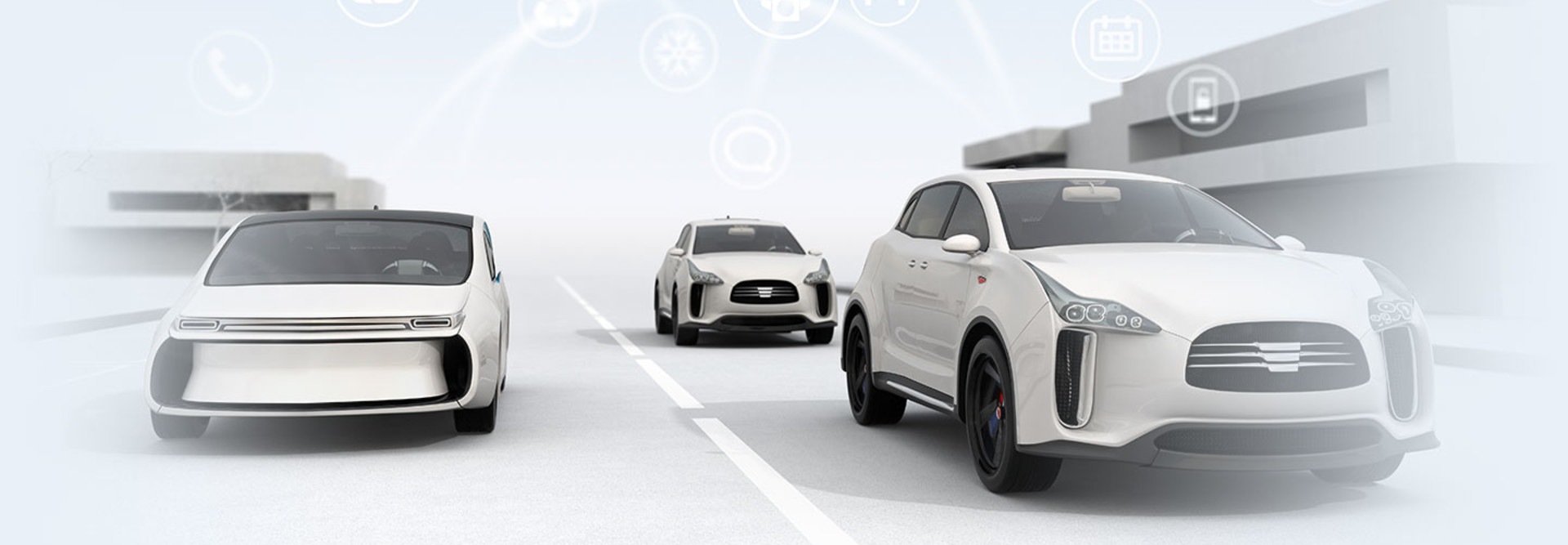The Connected Vehicle Revolution Makes Cybersecurity Top of Mind
BI Intelligence estimates that 220 million connected cars will be on the road by 2020. What’s more, three-quarters of the 92 million autos expected to be shipped globally that year will have built-in internet connectivity. Are states and localities ready?
About 62 percent of consumers say they fear that hackers will more easily breach cars in the future, according to a Kelly Blue Book survey. They’re right to be concerned: Today’s cars have dozens of electronic systems that control everything from braking to navigation. In response, Congressman Ted Lieu earlier this year introduced the Security and Privacy in Your Car Study Act to help ensure safe car operating systems.
“The Internet of Things (IoT) is bringing technology and connectivity into every part of our lives — including our motor vehicles,” Lieu said in a statement. “Without good cyberhygiene, a hacker could easily turn a car into a weapon.”
Driving the Connected City Forward Securely
To reduce the risk of poorly secured driverless cars and smart highways exposing drivers and passengers to loss of life or property, states and localities should steer safely onto IoT-enhanced roadways. Transit agencies now exploring IoT technologies are gingerly pressing the accelerator while keeping their eyes squarely on security.
The state of Delaware, which operates a short stretch of Interstate 95, intends to examine the overall connected ecosystem. Gene Donaldson, operations manager for the state’s Transportation Management Center, wants to form a partnership among agencies, automobile manufacturers and technology companies, and network segmentation will be important.
Fortunately, devices already have embedded security capabilities. But as governments introduce new equipment to IoT networks, they must make sure they don’t disturb the level of security that’s already been achieved. “It’s an ongoing effort,” says John Hibbard, director of operations for the Georgia Department of Transportation.
To learn more about the public sector’s foray into IoT-based transportation and the security controls agencies are putting in place, check out our article on how secure IoT is proving essential to the future of smart transportation.









